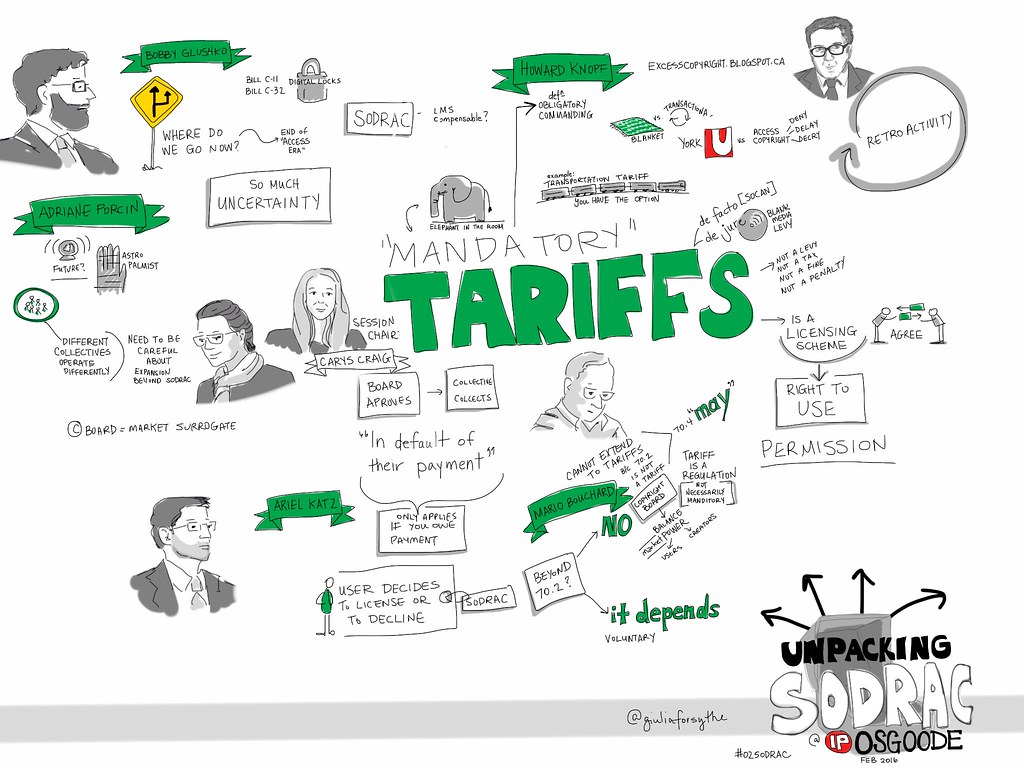Key Takeaways:
- A U.S. trade court stopped President Trump’s tariffs from taking effect.
- The court ruled Trump overstepped his authority by imposing tariffs on imports.
- Congress, not the president, has the power to regulate foreign trade, the court said.
- The decision impacts imports from countries that sell more to the U.S. than they buy.
What Happened?
A U.S. trade court stepped in Wednesday to block President Trump’s tariffs. These tariffs were set to apply across-the-board to imports from countries that sell more to the U.S. than they buy. The court’s ruling was clear: Trump went too far by imposing these tariffs without proper authority.
The court said the U.S. Constitution gives Congress—not the president—the exclusive power to regulate trade with other nations. While Trump argued he had emergency powers to protect the U.S., the court disagreed. It said his actions weren’t justified under the law.
This ruling is a significant setback for Trump’s trade policies. It also sets a precedent that future presidents cannot unilaterally impose tariffs without Congress’s approval.
Why Does This Matter?
The court’s decision is a big deal for U.S. businesses and consumers. Many companies rely on imports from countries like China, Mexico, and others. When tariffs are imposed, these companies face higher costs, which are often passed on to consumers.
For example, if a U.S. retailer imports electronics from China, tariffs would increase their costs. These higher costs could mean pricier gadgets for shoppers. By blocking the tariffs, the court is helping keep prices lower and ensuring businesses can operate smoothly.
Additionally, this ruling strengthens Congress’s role in trade policy. It reminds the executive branch that it can’t act alone without legislative approval. This balance of power is a cornerstone of the U.S. Constitution.
What’s Next?
The future of Trump’s trade policies is now uncertain. The administration could appeal the court’s decision, but it’s unclear if it will succeed. Meanwhile, Congress might step in to clarify its authority over trade.
Businesses and trade experts are watching closely. Many hope the ruling will lead to more predictable and stable trade relations. Others worry about how this will affect the U.S.’s ability to negotiate fair deals with other countries.
One thing is certain: This court ruling is a major shift in how the U.S. approaches trade. It could have long-term implications for presidents and Congress alike.
This decision shows how the U.S. system of checks and balances works in real life. It’s a reminder that no one branch of government is above the law. Stay tuned as this story continues to unfold.
